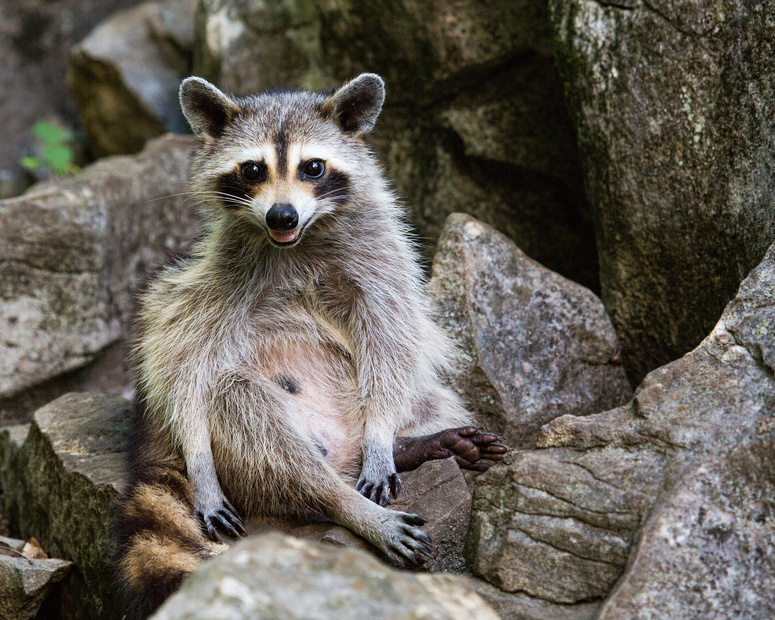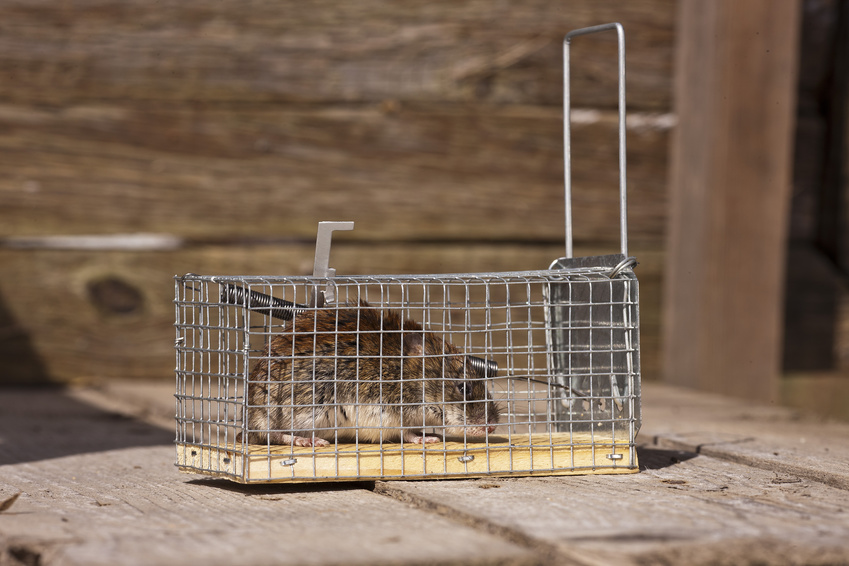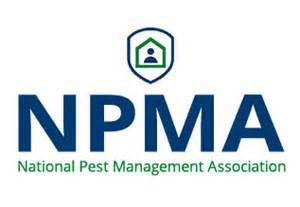
Raccoon Prevention Tips: How to Keep Those Bandits From Taking Over Your Home
Raccoons may be cute from afar and in YouTube videos, but you don’t ever want to deal with one on your property. Don’t be fooled! These curious and mischievous creatures can easily infest your home — and once they do, they may never want to leave. Rather than having to deal with wildlife removal services after they’ve already moved in, it’s better to prevent raccoon activity altogether. If you want to avoid calling animal control for a raccoon removal, you should follow the raccoon prevention tips below.
Raccoon Prevention Tip #1: Don’t neglect your landscaping
You may think you only need to concentrate on protecting your house itself, but your landscaping may provide an easy route for raccoons to get inside. They’re actually pretty good climbers, and if you don’t keep your trees trimmed back, they could form a raccoon superhighway that leads straight inside. You should cut your trees back at least six to eight feet away from your home (and specifically, the roof) to block this pathway.
Raccoon Prevention Tip #2: Seal it up
Even if you’ve trimmed your trees, it still may be possible for a raccoon to get onto your roof and in the attic. From there, the easiest way in is through the chimney. Don’t give these little bandits the chance to get inside! Be sure to cap your chimney and roof vents to restrict access. You’ll also want to seal other spaces in your home through which a raccoon could wriggle. These include crawl space accesses, deck gaps, and garage door openings, among others. You should seal these entry points or have them repaired as soon as possible. Even if you don’t think a gap is big enough for a raccoon, don’t take a chance; they’ve been known to get through holes that are just four inches in diameter!
Raccoon Prevention Tip #3: Lock away trash and food
Stereotypically, raccoons are depicted as dumpster divers. But this image really does hold true, as open food or trash containers are a huge draw for these critters. Your trash cans and recycling bins should have tight or locking lids and should be kept as clean as possible. Don’t leave trash or food outside, and be sure to cover up compost piles. You may want to rethink those bird feeders, too! Cover sources of water like ponds and swimming pools, as well.
Raccoon Prevention Tip #4: Get an inspection
The best way to avoid calling raccoon animal control is to have your home inspected on a regular basis for pest activity. This can help you to identify vulnerable parts of your property and take action to make sure raccoons don’t move in. And if you think they may already have done so, an inspection can give you a definitive answer. If your inspector spots damage or tracks, or hears their typical noises, you’ll likely have to take further action to get them out — and keep them out — of your home.
If you think you have an infestation or wild animal problem, you’ll need help from the Animal Control Specialists. For more information, get in touch with us today.




Recent Comments